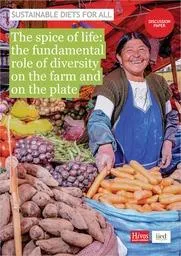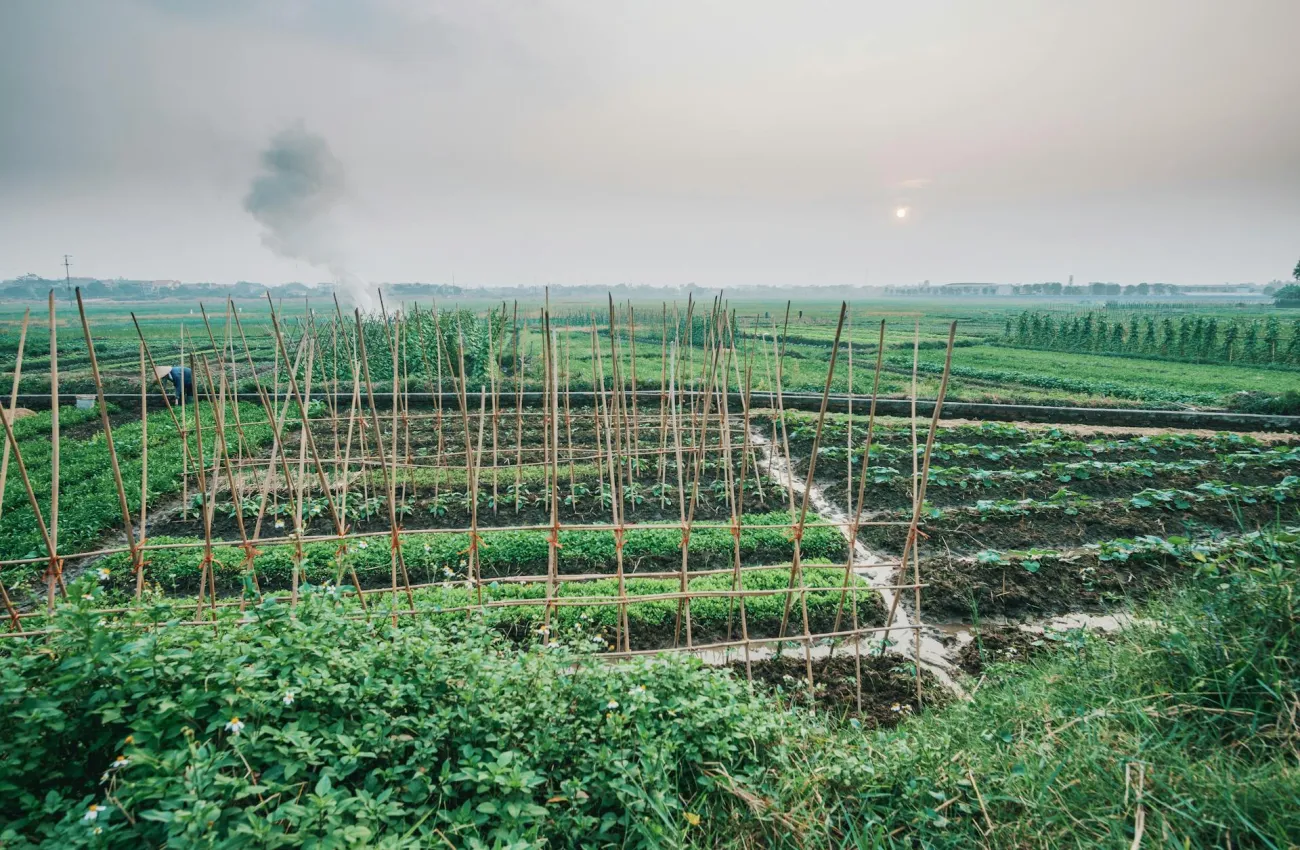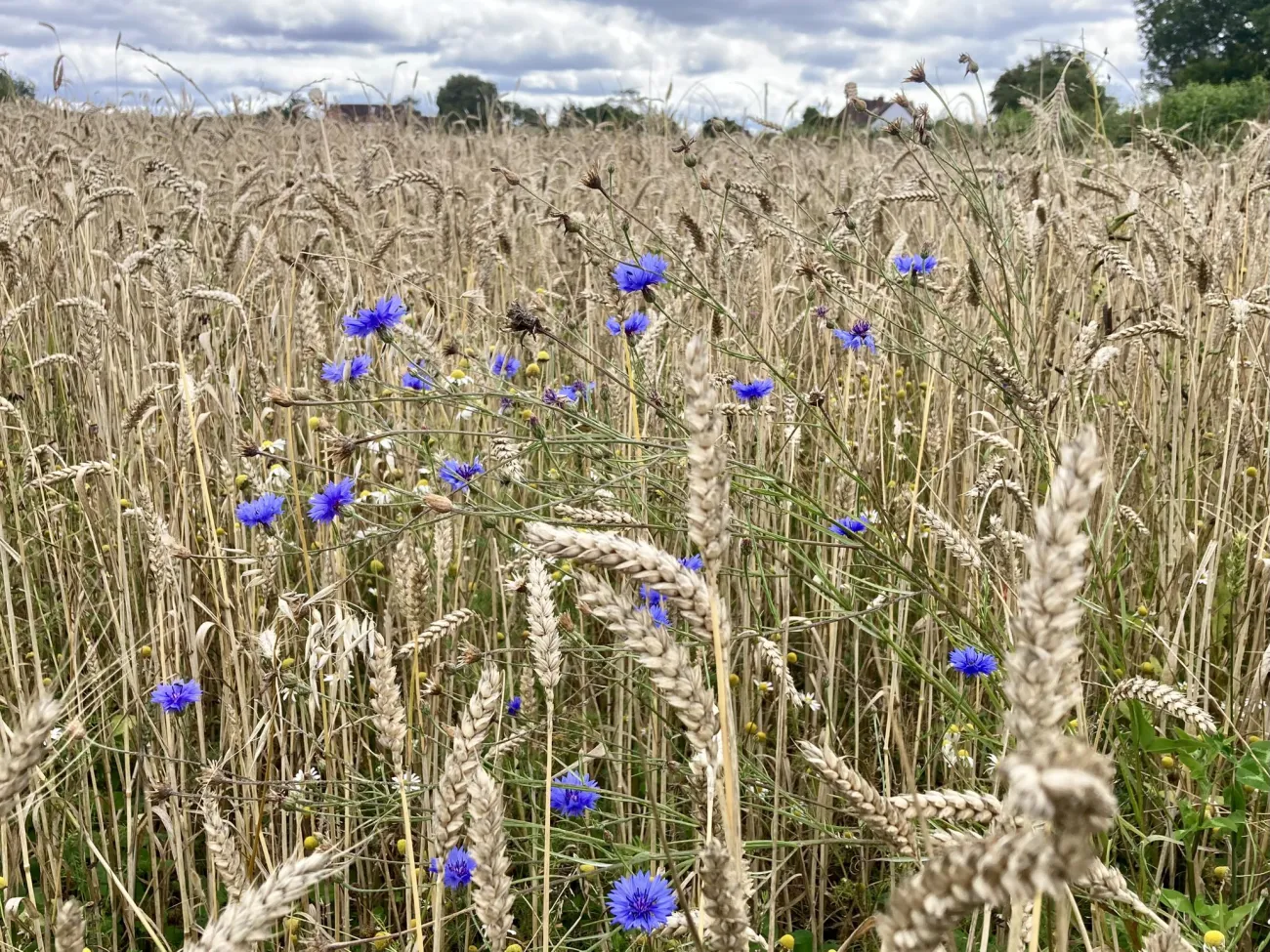FCRN member Seth Cook of the International Institute for Environment and Development has written a discussion paper on the importance of agricultural biodiversity. The report notes that crop diversity is declining: today, just 30 crops supply 95% of food calories, with maize, rice, wheat and potatoes providing over 60%. For comparison, humans have domesticated or collected around 7000 species of food plants.

The risks of declining agricultural biodiversity include low nutrient levels in diets, reducing the ability of agriculture to respond to climate change and increased spread of disease in monocultures.
The report finds that crop diversity can increase dietary diversity in developing countries, but that the relationship between crop and dietary diversity depends on many factors such as wealth, gender and cultural preferences.
Recommendations drawn by the report include encouraging a variety of crops within agricultural policies, allowing informal markets to thrive and preserving traditional knowledge.
Find the full report here and read a blog post about the research here. The report was produced as a joint project between the International Institute for Environment and Development and Hivos International. You can contact the author, Seth Cook, at Seth.Cook@iied.org. See also the Foodsource resource How are food systems, diets, and health connected?




Comments (0)